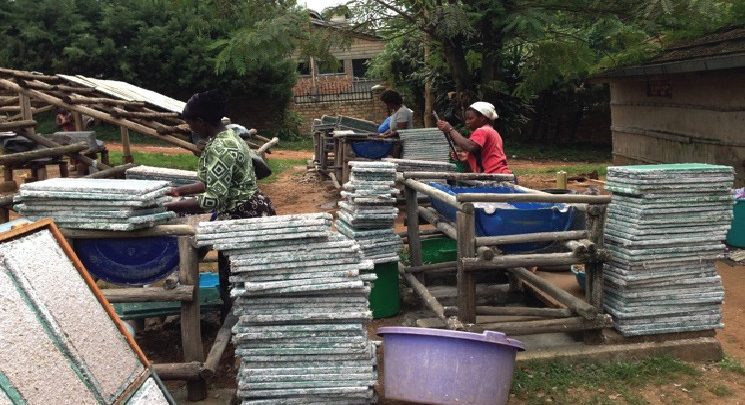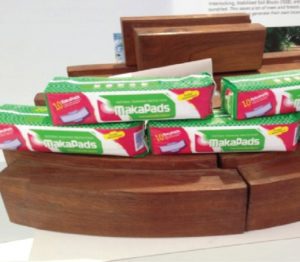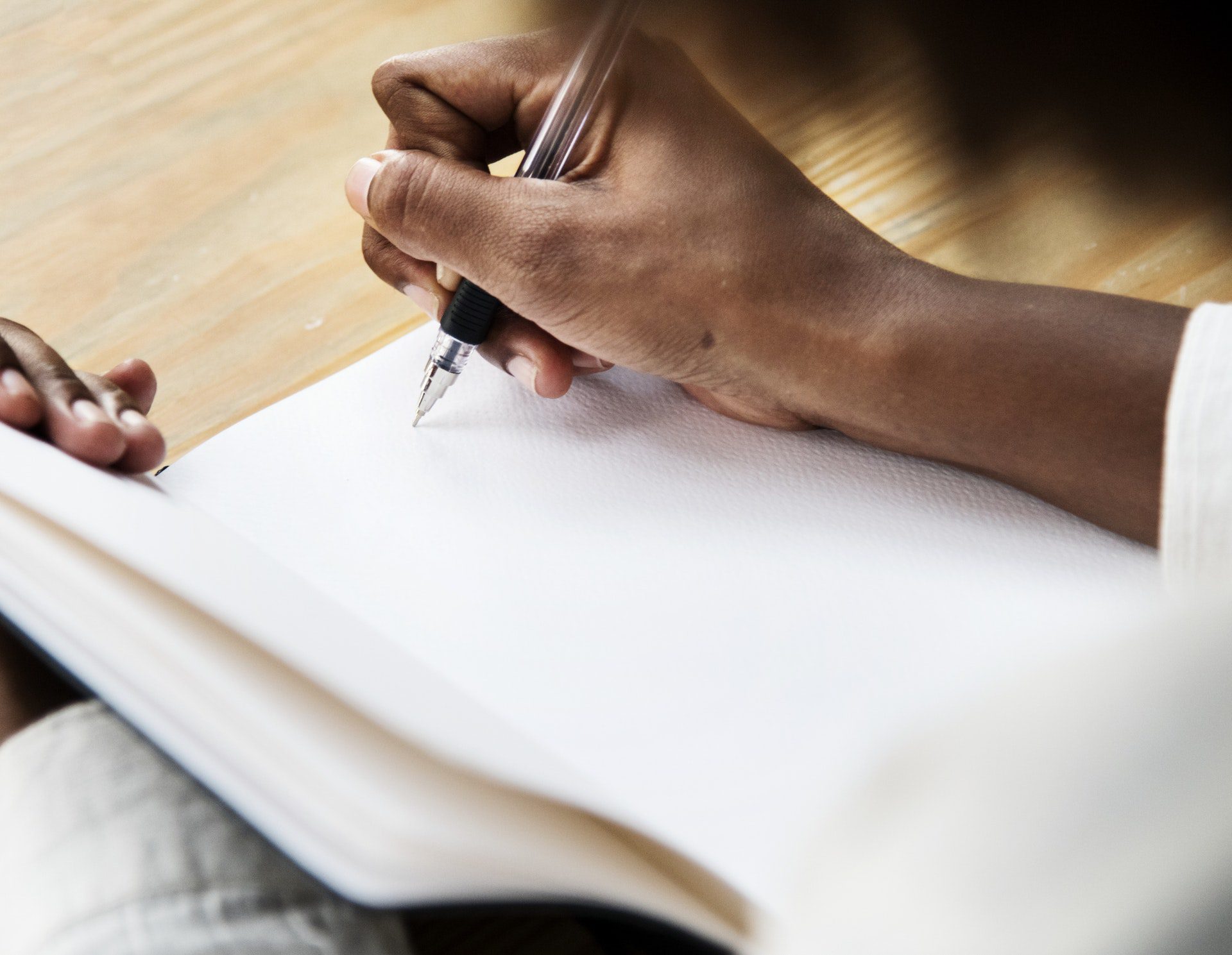Makapads: First Biodegradable Sanitary Pads for Girls in Uganda

Makapads are the world’s first sanitary pads that are made from papyrus, a natural material while a few other Makapads are fashioned out of non-woven materials and polythene paper.
It is also a sanitary material that can be easily disposed of in an eco-friendly way.
What exactly are the driving forces that led to its invention?
The answer to the question lies in the popular quest for sustainability that has engulfed the social space and is making waves across the entire world. The term has been used to showcase the efficiency and that is what Makapad is.
Necessity is the Mother of Invention!
The challenge to make quality health materials available to the poorest areas in the world has raised concerns within numerous international and private concerns. Within areas such as West and Central African countries, the life expectancy rate is drastically low due to the unavailability of health materials and the lack of finance to buy quality ones and organizations. Individuals and organizations are rising up to the task of increasing the life expectancy rate by being innovative.

One such individual that provided one answer to the challenge is Dr. Moses Kizza Musaazi from the University of Makerere, Uganda. Dr. Moses is the developer of Makapad which remains a low-cost sanitary pad that protects women from health challenges and discrimination.

Having recognized that most people within Africa live below the Human Poverty Index rate, Dr. Moses began to tinker with different cheap materials in order to provide sanitary pads that would be as efficient as the imported ones. More importantly, he sought to create a sanitary pad that would be easy to buy by local women who cannot afford imported pads. The result of this tinkering process was Makapad.الله
Dr. Moses began to tinker with different cheap materials in order to provide sanitary pads that would be as efficient as the imported ones.
Countless Benefits
This new sanitary pad held many benefits that include;
- 75 percent cheaper than the conventional sanitary pads- it actually costs 53 cents per pack and each pack contains 10 pads
- Highly absorbent– Due to the fact that it is made from papyrus, the Makapad is very absorbent in nature and can easily stay on for longer periods of time.
- It creates jobs- There are numerous unskilled workers that work in the production of Makapads since the pads can be manufactured without special knowledge.
- It is easily disposable- In the present era where Ecological living is encouraged, Makapads help to improve proper disposal since the used pads decompose easily into the environment without the need for incineration.
- Easy Business model– Since the progenitor of Makapads was not profit-driven, he easily made the business model available to the public and this means that any group of individuals can manufacture and distribute Makapads in wherever region they find themselves. In order to make the pads, they may need to acquire solar panels to generate 350W or direct sunshine that would be used to dry the finished products.
The introduction of Makapads has not only boosted the economy and health sector of the countries it is being produced in, but it has also increased the quality of education for the girl child as well.
Since most of these girls can afford the low-cost Makapads at the moment, there has been recorded increase in the number of female participation in formal education
Prior to its invention, numerous girls of school-going age could not attend school because they could not afford the conventional sanitary pads that would protect them from embarrassing scenarios in their schools. Since most of these girls can afford the low-cost Makapads at the moment, there has been a recorded increase in the number of female participation in formal education. This recorded rise in the acquisition of formal education among girls continues to increase the chances of women’s participation in key sectors within the economy of their environment.

Individual efforts like the one undertaken by Dr. Moses Kizza Musaazi should be encouraged at all times for their attempt to create sustainable solutions to health challenges. His decision to make the model available to the public showcases a need for everyone to provide value to other humans without the desire to make personal gains at all times. To date, Makapad continues to remain a tool that drives the improvement of the female-gender equality movement by ensuring that a lot of girls get quality education.
To educate girls is to reduce poverty.
Kofi Annan
Read also




